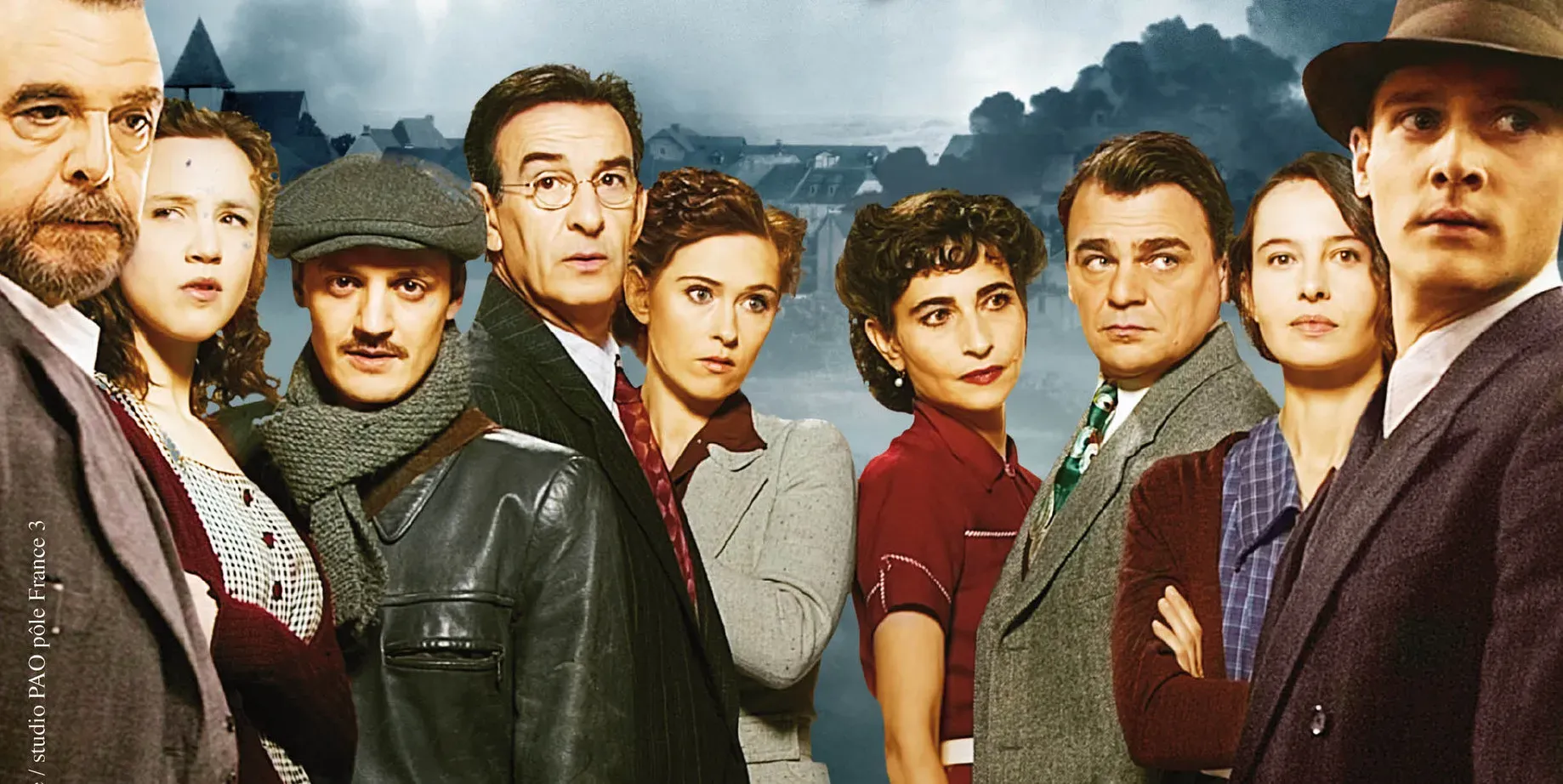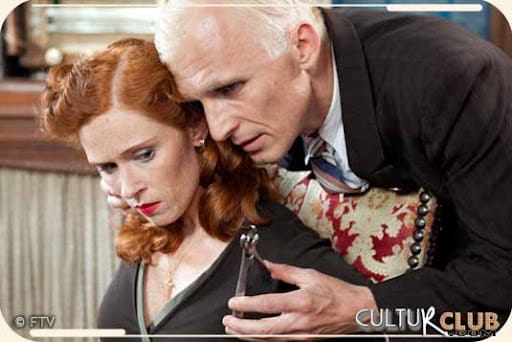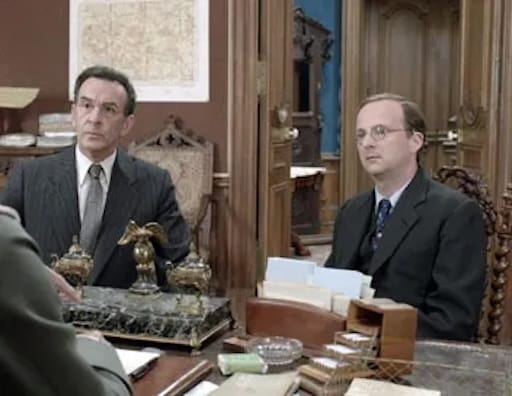It takes a French village
If snitches get stitches, what should collaborators get?

We all know that snitches get stitches, but what do collaborators get?
I recently binged-watched Un Village Français, a French television drama which ran for 72 episodes from 2009 to 2017. It follows the residents of Villeneuve, a fictional town in northeastern France from the start of the Nazi occupation until the end of WW II, with glimpses in the final season of surviving characters into the decades after the war.
It is mostly a good show offering unflinching views of the way people manage to live their lives under a fascist government. It is worth watching because it offers lessons about the costs of collaboration and resistance, and because it suggests what I believe would be a fitting punishment for those in positions of authority during this particular American moment, assuming we ever get out from under the current dictatorial regime.
Some characters in the show, being fascistic at heart, collaborate gladly with the Nazis. Others collaborate with a more utilitarian view of doing the best they can for people, finding ways to justify looking the other way while atrocities are committed around them. Still others just shrug and look out for themselves, going along to get along, or choose to give sway to their romantic feelings over questions of morality.

Finally, there are those who come to resist, motivated by some combination of political ideology, national pride, survival, or simple human decency.

No one comes out of the series with their hands entirely clean, and the show even attempts to humanize some of its villains, though that's a much harder lift. Even the American liberators, or maybe especially them, are portrayed as less than altruistic. But if there is one overarching lesson in the story of Un Village Français, it is that there is no moral way to collaborate with fascists and other autocrats. The lesson is particularly painful for Daniel Larcher, village doctor and mayor charged with keeping order in the town, when he finds he can only stop twenty people from being executed by choosing the ten who will, or when he is put in charge of managing a number of Jews temporarily quartered in town while on their way to the camps. He thinks he is doing the best he can to prevent the most harm and is unwilling to face up to his own complicity.

One of the things I like best about the show is that fully 1/3 of the episodes take place during the months after France was liberated in 1944. While the Germans may be (mostly) gone and the war continues off screen, we see French society figure out how to rebuild in a way that's mostly glossed over in American history, especially the question of what to do with the collaborators.
To be sure, not every collaborator gets punished or punished equally. Much of the second-to-last batch of six episodes revolves around the trials of Larcher and Servier, the region's sub-prefect who was much more sanguine about trading the lives of "undesirables" for the well-being of the many. Both characters, if found guilty, face punishments ranging from the firing squad or hard labor in prison to indignité nationale, or "national disgrace". Other characters, particularly women, either have the money or status to face no accountability or have to endure having their heads shave and then be paraded around town in a positively medieval display of public shaming.

Learning about national disgrace makes me wish we could implement such a thing if Democrats were ever to regain power. In post-war France, those found guilty of collaboration with the Nazis and sentenced to indignité nationale were banned from elected office or management positions in corporations or the press, given dishonorable discharge from the military, and stripped of their rights to vote and carry arms. If we did that here, I would add stripping of wealth to the list.
I know, realistically, that even if Democrats had the political will to enact such a punishment, it might not hold up under constitutional scrutiny, but it is a lovely thing to contemplate, forcing these authoritarians to go without their authority and face societal ridicule. If snitches get stitches, collaborators should get haters.
Un Village Français can currently be seen on the Mhz Choice streaming platform for about $8/month. Episodes can also be purchased on Amazon or streamed for free on Hoopla Digital via your friendly neighborhood public library.